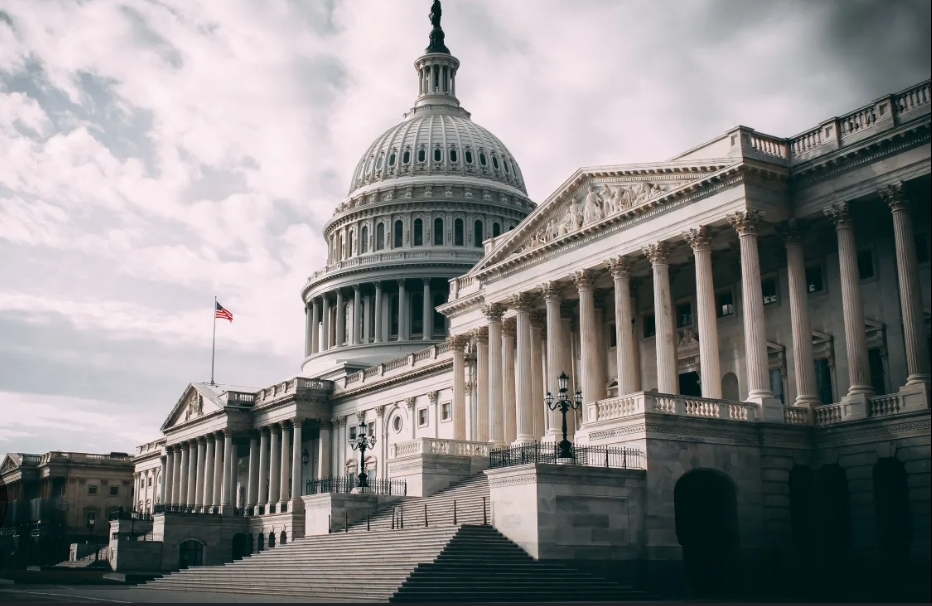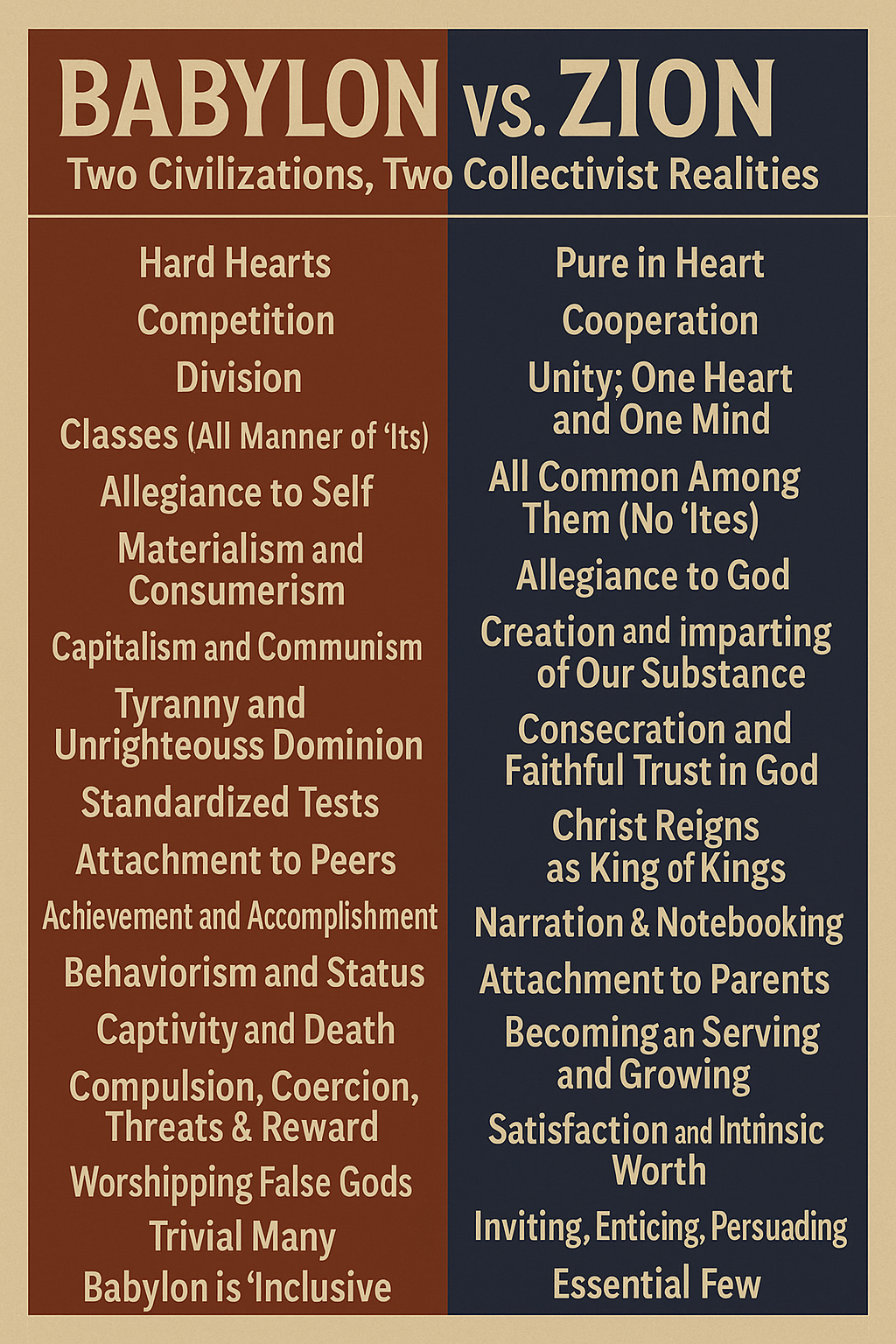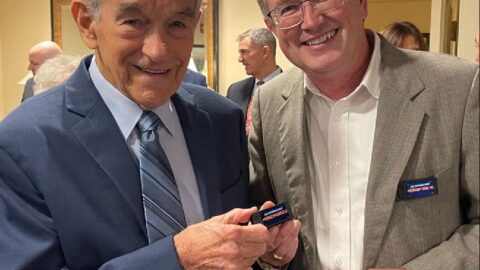Years ago, I read an article that gave the reader insights into Washington DC, and how the the two-party system is a show in front of the camera, behind the scenes, their friendships and alliances dominate which allows the political class to maintain power.
Take This Town and Shove It: A White House Reporter’s Tale of Sex, Booze and the Briefing Room by Sam Youngman is a raw and humorous article about Washington, D.C.’s political scene, as experienced by a White House reporter. Youngman, a seasoned journalist who covered national politics, gives readers an insider’s perspective on the capital’s deeply ingrained culture of power, ambition, and excess. The book portrays D.C. not just as the nation’s seat of power but as a city fueled by egos, scandal, and personal indulgence, where the real story often lies behind the scenes.
Key Themes and Concepts
- Washington D.C. as a Political Circus:
- Youngman describes Washington, D.C., as a “circus,” where politicians, journalists, and staffers are constantly performing for the cameras. Public posturing, grandstanding, and political theater are the norm, with everyone vying for attention, power, or a headline.
- He reflects on the performative nature of politics, where public appearances, interviews, and debates are often orchestrated spectacles designed to manipulate public opinion.
- Behind the Scenes in the Press Room:
- The article delves into Youngman’s experiences as a White House reporter, offering an inside look at the dynamics of the press room. He discusses the competitive, high-pressure environment, where reporters from major outlets jockey for scoops and access to top political figures.
- Youngman shares anecdotes about the interplay between journalists and politicians, revealing how both sides use each other to further their own agendas. While reporters often appear adversarial during press briefings, Youngman highlights how personal relationships and off-the-record exchanges shape what makes it into the headlines.
- The Culture of Excess:
- One of the article’s central themes is the culture of excess that dominates Washington, D.C. Youngman discusses the heavy drinking, partying, and scandalous behavior that take place after hours. He recounts nights of booze-filled escapades with fellow journalists and political insiders, giving readers a glimpse into the wild side of D.C. life.
- This culture of indulgence, according to Youngman, creates an environment where ethics and professionalism often take a backseat to personal gratification and networking.
- Republicans and Democrats: Frenemies:
- A key point in the article is the dual nature of relationships between Republicans and Democrats. While politicians from opposing parties may appear to be bitter enemies in public, Youngman reveals that many of them are actually close behind the scenes.
- He discusses how Republicans and Democrats frequently socialize together at parties, dinners, and private events, where the partisanship disappears. Youngman argues that the fierce public battles we see on TV are often more about political theater and maintaining party loyalty than genuine ideological differences.
- In private, many politicians on both sides of the aisle share personal friendships, often built on mutual respect and a shared understanding of the pressures of political life. This insider culture, Youngman suggests, allows the political class to maintain power, while ordinary citizens are left to believe in the partisan divide.
- Disillusionment with Politics:
- Throughout the article, Youngman expresses his growing disillusionment with the political process and the people who run it. He reflects on how, over time, his idealism eroded as he became more familiar with the cynicism and hypocrisy that permeates Washington.
- The article conveys a sense of frustration with how political decisions are often driven by personal ambition, party loyalty, and special interests, rather than by a desire to serve the public. Youngman ultimately decides to leave his career as a political journalist, disillusioned by the superficiality of the world he had once idealized.
- The Role of the Media:
- Youngman offers a candid critique of the media’s role in perpetuating Washington’s political spectacle. He argues that journalists are complicit in the system, as they often focus more on sensationalism, gossip, and personalities than on substantive issues or policies.
- The article reflects on how the media has become intertwined with the political machine, with reporters relying on access to politicians and insiders for scoops, which in turn influences how stories are framed. Youngman discusses the ethical dilemmas reporters face when they must balance truth-telling with maintaining their relationships with sources.
- Washington’s Echo Chamber:
- The article illustrates how Washington, D.C., operates as an “echo chamber,” where a small group of people—politicians, journalists, lobbyists, and staffers—shapes the national narrative. This insular environment, Youngman suggests, is detached from the concerns of everyday Americans, as most decisions are made by a tight-knit elite.
- Youngman critiques the self-reinforcing nature of the D.C. bubble, where the same people interact, socialize, and influence one another, often leading to groupthink and a lack of accountability.
- Burnout and Personal Reflection:
- As Youngman’s career progresses, he experiences burnout from the constant demands of political reporting and the toxic culture of Washington. He reflects on the toll that the lifestyle takes on his mental and physical health, as well as his relationships.
- The article offers moments of introspection, where Youngman grapples with the question of whether covering politics in Washington is worth the personal sacrifices it requires.
- The Illusion of Democracy:
- One of the more cynical aspects of the article is Youngman’s suggestion that much of what the public sees in American politics is an illusion. While politicians speak of democracy, values, and public service, Youngman argues that the reality is often one of self-serving actions and deals made behind closed doors.
- The partisan battles that dominate the media are, in many ways, just for show, as the real power lies in the relationships and deals made off-camera.
How Republicans and Democrats Are “Enemies” in Front of the Camera and “Friends” Behind It
- Public Performances: Youngman explains that the heated exchanges between Republicans and Democrats in front of cameras—during press conferences, debates, or on the House and Senate floors—are often part of a choreographed performance designed to appeal to their respective voter bases. Politicians need to present a strong, uncompromising front to maintain their standing within their party and energize supporters.
- Private Friendships: Behind the scenes, however, many of these politicians are friendly with each other. They share drinks, meals, and conversations away from the public eye, often forming deep personal relationships. Youngman highlights how political opponents might fight bitterly in the public sphere but collaborate on issues of mutual interest when the cameras are off.
- Shared Interests: These friendships often stem from a shared understanding of the pressures of political life, as well as mutual interests in maintaining their power and influence. By working together discreetly, politicians from both parties can ensure the stability of the political system and the privileges that come with their positions.
- Media’s Role: The media, according to Youngman, is complicit in this process, amplifying the partisan battles while rarely showing the personal bonds that exist behind the scenes. This creates a perception for the public that Republicans and Democrats are constantly at war, when, in reality, many of them are playing their roles in a political game.
Take This Town and Shove It is a candid and often irreverent look at the realities of Washington, D.C., politics, as seen through the eyes of a White House reporter. Sam Youngman exposes the performative nature of political life in the capital, where public battles are staged for the cameras, and personal friendships and alliances dominate behind the scenes. The book highlights the disconnect between the political elite and the public they serve, while also offering a critique of the media’s role in perpetuating this system.








One Response
The Uniparty politics have reminded me for years of how “professional” wrestling is conducted.
All of the “in your face” challenges, the acrobatics with various performances like folding chairs beaten across the opponent’s back, the flying leaps, the being tossed out of the ring and so on are developed and decided in the back rooms. It is all predetermined who will win and by what means long before the actors come to the arena stage.
This is all about bread and circuses entertainment that passes for political discourse nowadays as well as perhaps shades of the daily two minute hate rituals as described in George Orwell’s book 1984.
It really doesn’t matter too much who is in office, being a product of establishment endorsement. Faces may change, one or two hot button issues will flip back and forth with each new administration. Nothing ever changes in any real significant way. The “program” marches forward, seemingly by a mind of its own.
It also pains me to see the “professional politicians” who list “politician” as their occupation. Our government is filled full of vetted political talking heads, of unelected nomenklatura and apparatchiks, appointed bureaucrats safely tucked away in their permanent sinecures, all of whom are determining our future and the fate of America. Welcome to the coming United Soviet States of America.